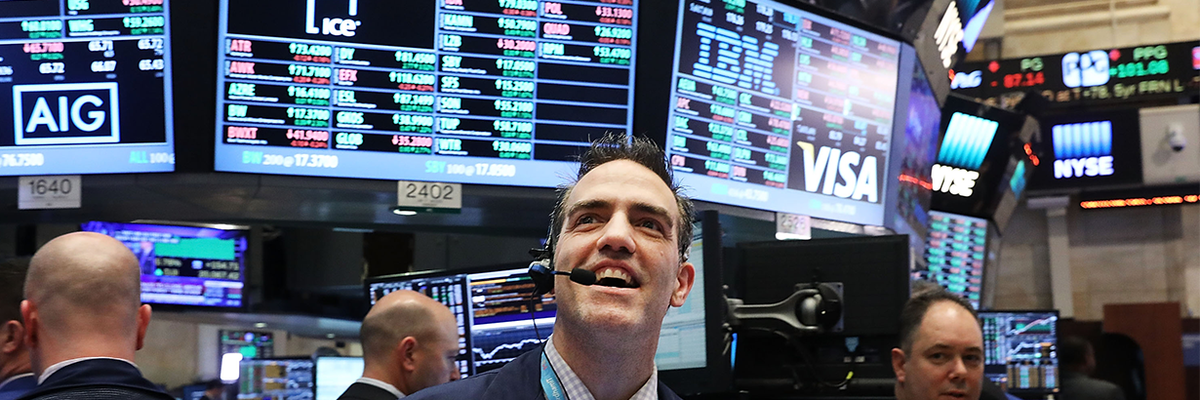Stock market expectations are swinging upward after a stressful September.
The latest Economist / YouGov Poll shows 45% percent of registered voters who own stocks say the markets will increase in the next year, marking a slight increase since mid-September, when a large September selloff struck fear in traders.
That selloff was thought to be the result of a culmination of factors, including the heated campaign season brought on by the Supreme Court justice pick, the rising number of COVID-19 cases in some regions of the country, and delays in passing another stimulus package.
The Economist / YouGov data shows Republican investors are more than twice as likely as Democrats to have faith that stock prices will be higher in 12 months, at 65% to 28%. In the remaining days before the election on November 3, investors – both blue and red – are more bearish than they were in in June, when stock market expectations were the highest they have been during the COVID era.
While stock market performance and the broader economy remain a cornerstone of President Trump’s re-election campaign, just 7% of registered voters think the stock market index is a good indicator of the country’s economic performance, according to the Economist / YouGov data from the first week of September. A plurality (44%) turns to unemployment and jobs reports, followed by the price of goods and services (23%), and their own personal finances (14%).
Optimism around the economy is growing. Three in 10 (30%) of registered voters say the economy is getting better, however virtually no Democrats think that (1%), compared to close to two thirds of Republicans (63%).
While roughly a quarter (24%) of registered voters say jobs and the economy is the most important issue for them, about three in ten (30%) say its health care.
Two in five (40%) voters say the economy would be better under Trump, while slightly fewer say so of Joe Biden, the democratic nominee for president.
See the toplines and crosstabs from this Economist/YouGov Poll
Methodology: The Economist survey was conducted by YouGov using a nationally representative sample of 1,500 registered voters interviewed online between October 4–6, 2020. This sample was weighted according to gender, age, race, and education based on the American Community Survey, conducted by the US Bureau of the Census, as well as 2016 Presidential vote, registration status, geographic region, and news interest. Respondents were selected from YouGov’s opt-in panel to be representative of all US citizens. The margin of error is approximately 4.5% for the overall sample.











